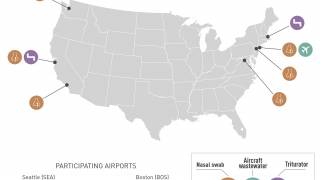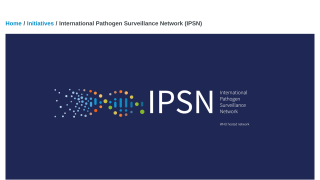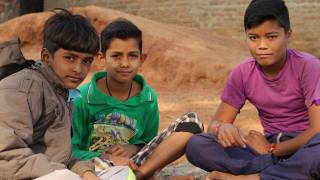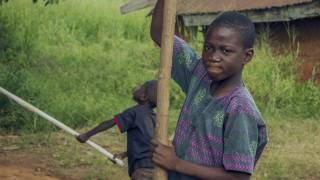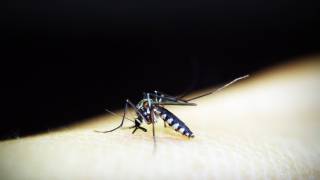Brazil is Fighting Off Zika, Yellow Fever and Now Chikungunya

A new report from the Brazilian Ministry of Health reveals that the Chikungunya virus has become be a primary health concern.
Brazil reported 6,540 confirmed and suspected cases, raising its 2017 total to 10,294 cases. Brazil’s total number deaths from the Chikungunya virus are still under investigation.
Compared to 2015, there were only six confirmed deaths in Brazil.
The Chikungunya virus outbreak began in late 2013 on the island of St. Martin and has now sickened at least 2,399,237 people worldwide.
There is no vaccine to prevent or medicine to treat the chikungunya virus infection.
The Chikungunya virus is transmitted by the Aedes aegypti mosquito. Travelers can protect themselves by preventing mosquito bites.
When traveling to countries with chikungunya virus, the CDC suggest using an insect repellent, wear long sleeves and pants, and stay in places that use window and door screens.
Chikungunya disease does not often result in death, but the symptoms can be severe and disabling. The most common symptoms of chikungunya virus infection are fever and joint pain. Other symptoms may include headache, muscle pain, joint swelling, or rash.
Most patients feel better within a week.
In some people, the joint pain may persist for months. People at risk for more severe disease include newborns infected around the time of birth, older adults, and people with medical conditions, such as high blood pressure, diabetes, or heart disease.
According to the CDC, once a person has been infected, and recovered, they will likely be protected from future infections.
file:///home/chronos/u-dd1f6e2764d333680f562a749cdc3e5675b7fc25/Downloads/2017-mar-17-phe-CHIKV-cases-ew-11%20(2).pdf
Our Trust Standards: Medical Advisory Committee




